Kenya’s economy will grow by between 6.5% and 7% in 2019/20 driven by the increased number of megaprojects under execution, the early impact of the Big 4 in 2020, which will provide the economic growth momentum and good weather forecast for the long rains in March, April and May, according to a forecast by Metropol Corporation.
Metropol also says it expected increased mobile lending to give the economy a kick to better 2018’s performance.
For 2020/21, the economic forecast says the economy is expected to grow by between 8% and 9% largely driven by oil and gas sub-sector, which will be nearing full commercial production with crude oil pipeline to Lamu (850km) under construction.
“The FEED study was completed in November 2018 and the final investment decision is expected by Q2, 2019. Also the number of water dams under constructions will reach 15 with an estimated cost of Kshs 300 billion. However, this is the year that the Big 4 will have attained full traction and the economy will undergo “a bump effect” moving into 8-9% growth rate trajectory, going forward,” it says.
Following above-average good weather forecast, Metropol expects good harvests in 2019 particularly in tea and horticulture export sub-sectors.
“The government is implementing an aggressive water dams’ programme of 57 medium size over the next five years. In the immediate future 10 such dams, with irrigation potential of 50,000 hectares, are under implementation. However, until the Galana-Kulalu 1 million acre scheme is implemented( 5-6 years’ time), the food security will remain hostage to vagaries of the weather and climate change,” it says.
On energy, Metropol notes that major works continue to be implemented, adding last mile connectivity continued over 2018 and the Suswa-Isinya 220 KV line was commissioned while Olkaria 5 and 6 (280 mw) should be commissioned by July 2019.
A number of 40-50mw solar plants are expected to be launched in 2019. The 55mw plant in Garissa town was commissioned in November 2018.
The forecast says international oil prices are expected to be subdued owing to over supply which caused collapse of prices (late 2018) from $85 per barrel to $50 per barrel (currently at $60pb), which is likely to last over 2019.
“2019 is going to be a busy year for Oil and Gas sub-sector. The operator (Tullow oil) has announced a total expenditure of Ksh 293 billion over 2019-2020 period in preparation for full commercialization of the Lokichar basin oil find. Heavy expenditure is concentrated on establishment of primary refinery and other basin facilities including storage to ultimately handle 80,000 per day for onward pumping to Lamu port on an 850km pipeline estimated to cost of Ksh 210 billion. In early 2019 the operators will make the decision to construct the pipeline,” it says.
On the fiscal deficit, Metropol notes that fiscal consolidation (also known as austerity) has been expected for the last the years towards achieving 3.7 % of budgeted expenditure but this has not happened and the fiscal deficit continue at 6-8 % range.
“It is projected at 6.5 % for the 2019-2020 fiscal year .The question at hand is whether cutbacks of Government expenditure has merit in view of low inflation averaging 6 % in recent years and increased needs in education and health. Our expectations are that the deficit is likely to remain elevated owing to accelerated implementation of large projects in the water, roads, communication and the big 4 programmes,” it says.
The forecast also notes that in 2018, the overall balance of payments had a positive balance, which resulted from substantial reduction of current capital deficit because of the increased FDI inflow and very strong Diaspora remittances.
Tourism continued to recovery very strongly while coffee and tea prices maintained stable or improved receipts over 2018.
Read: Scandal of guests paying to feature on TV talk shows
“In 2019, we expect a narrowing current account deficit as a result of subdued petroleum prices in international markets (now at $60 per barrel from $85 per barrel in October 2018). The oversupply is expected to last over 2019 due to increased shale oil production in USA,” it adds.

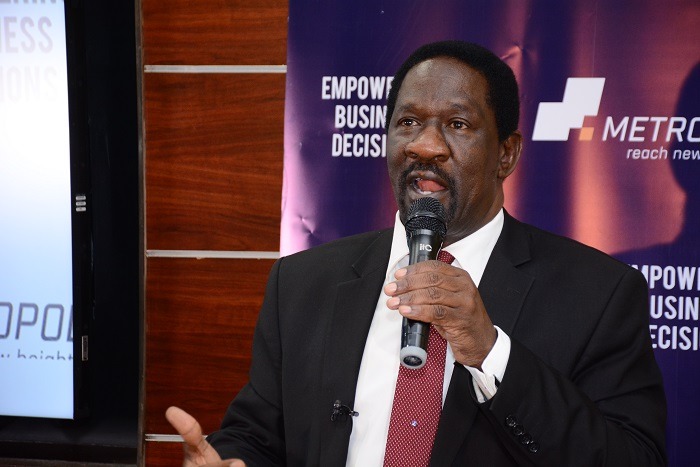






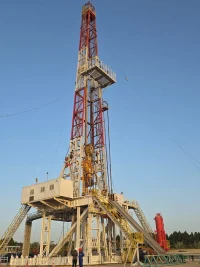
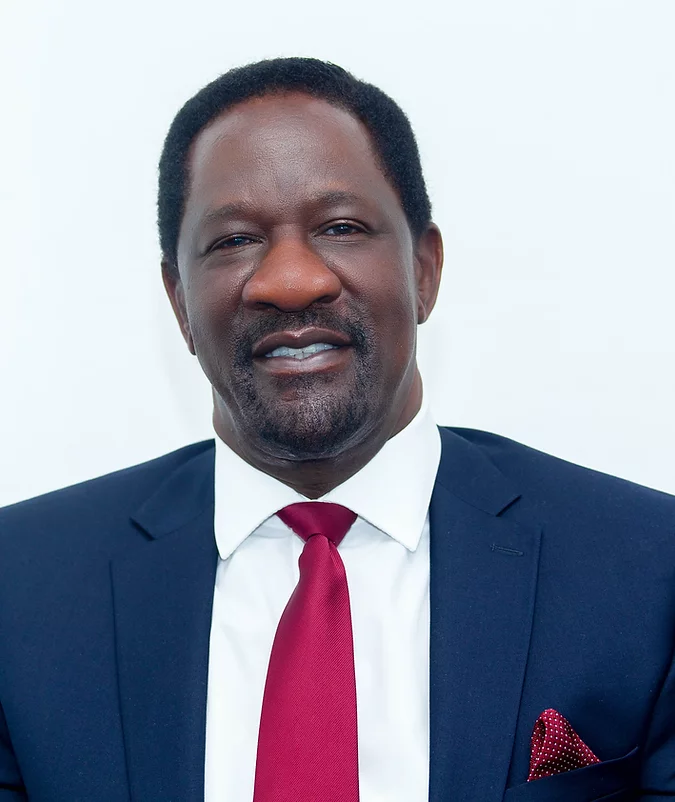
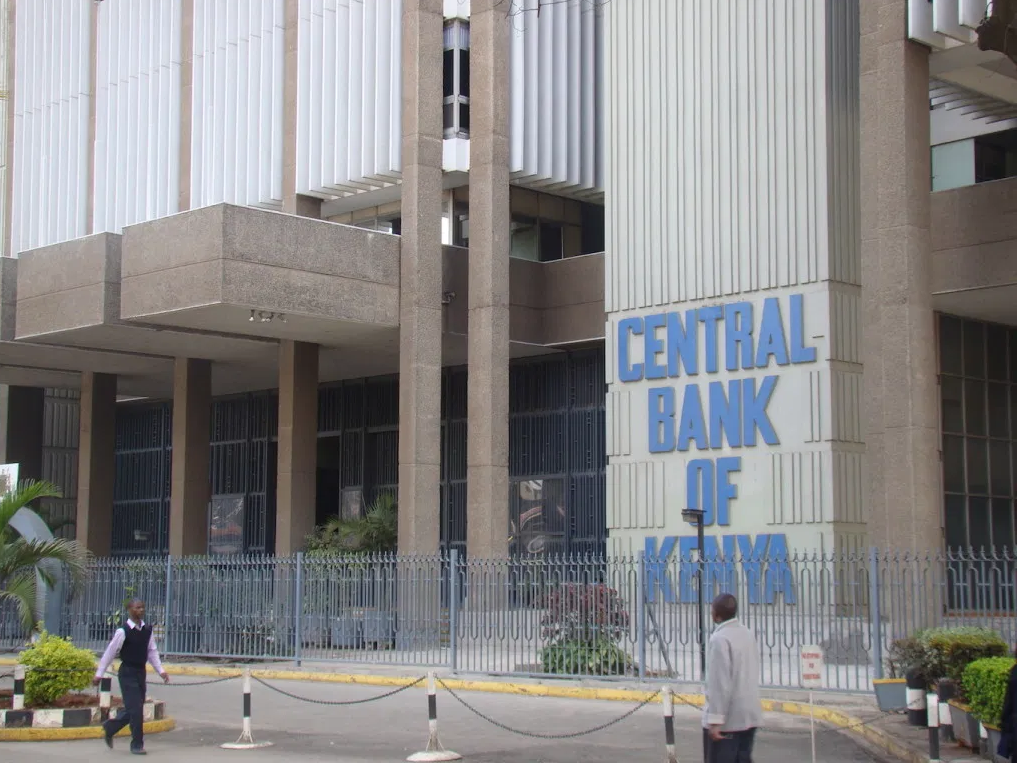
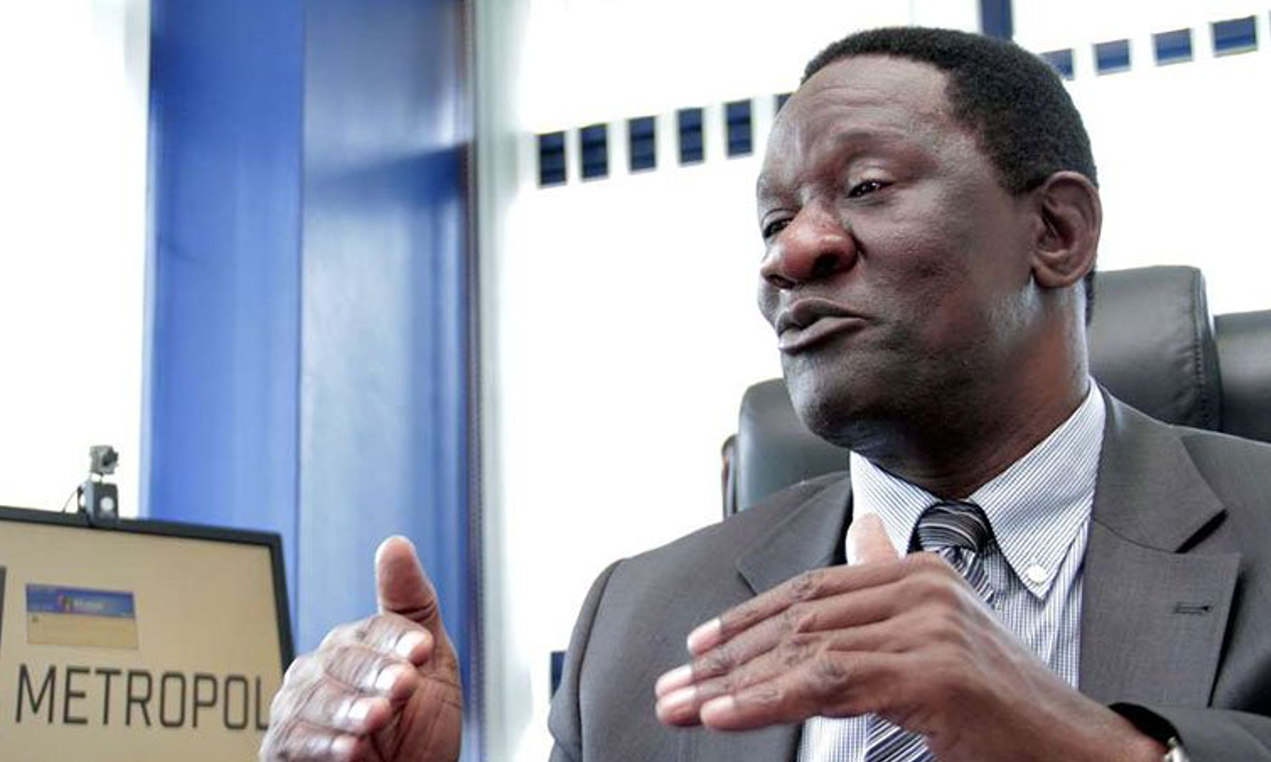

4 Comments